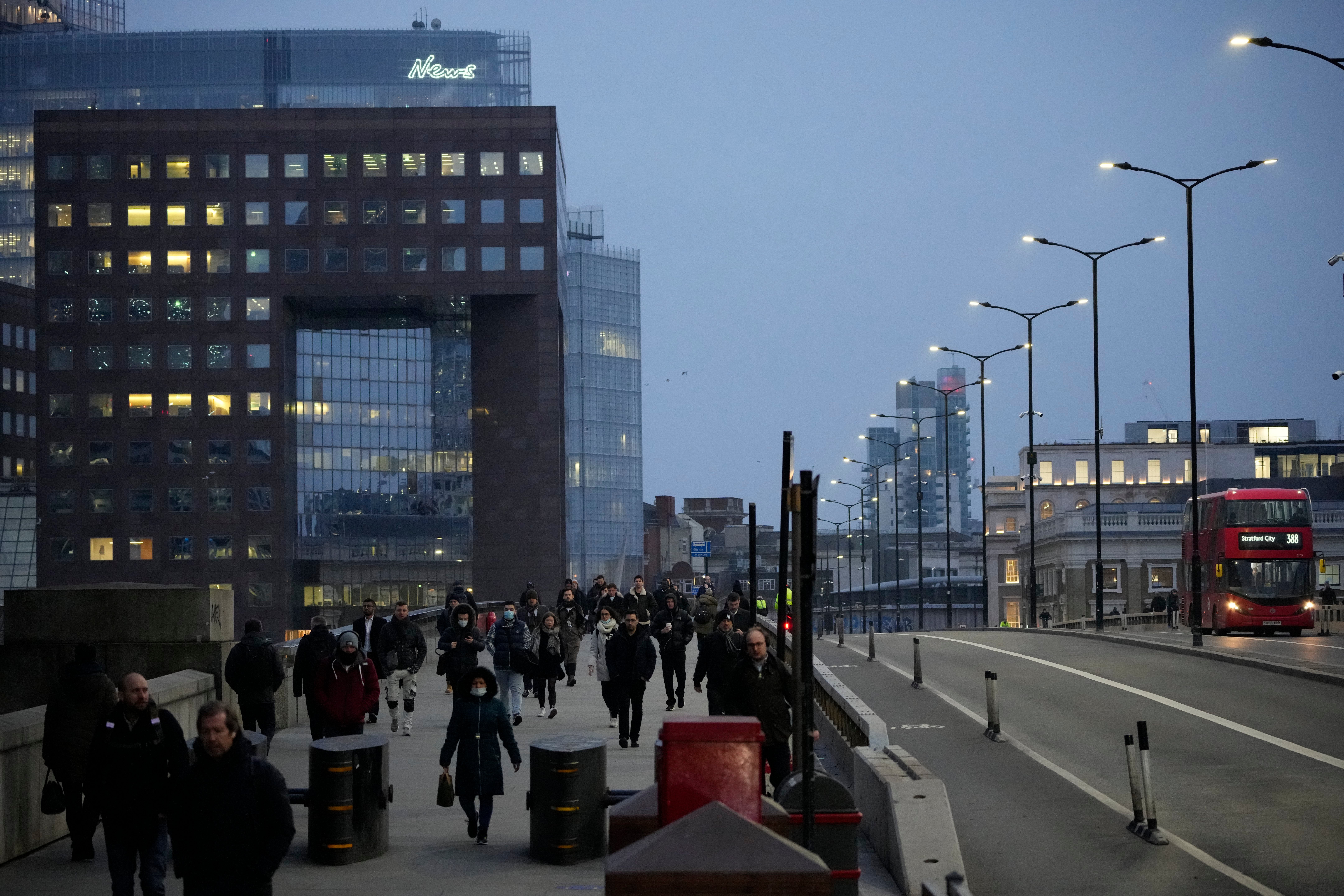England lifts COVID restrictions as omicron threat recedes
Most coronavirus restrictions including mandatory face masks have been lifted in England, after Britain’s government said its vaccine booster rollout successfully reduced serious illness and COVID-19 hospitalizations

Most coronavirus restrictions including mandatory face masks were lifted in England on Thursday, after Britain’s government said its vaccine booster rollout successfully reduced serious illness and COVID-19 hospitalizations.
From Thursday, face coverings are no longer required by law anywhere in England, and a legal requirement for COVID passes for entry into nightclubs and other large venues has been scrapped.
The government last week dropped its advice for people to work from home as well as guidance for face coverings in classrooms.
The so-called “Plan B” measures were introduced in early December to stop the rapid spread of the omicron variant from overwhelming health services and to buy time for the population to get its booster vaccine shot.
Health Secretary Sajid Javid said the government’s vaccine rollout, testing and development of antiviral treatments combine to make “some of the strongest defenses in Europe," allowing a “cautious return” to normality.
But he added that “as we learn to live with COVID, we need to be clear eyed that this virus is not going away.” While infections continue to fall, health officials said that omicron remained prevalent across the country, especially among children and the elderly.
Officials said that almost 84% of people over 12 years old in the U.K. have had their second vaccine dose, and that of those eligible, 81% have received their booster shot.
Hospital admissions and the number of people in intensive care units have stabilized or fallen, and daily cases have fallen from a peak of over 200,000 cases a day around New Year to under 100,000 in recent days.
Prime Minister Boris Johnson said last week that the surge of omicron infections “has now peaked nationally.”
As the government moved away from legal measures, some shops and public transport operators say they will continue to ask people to don their face masks. London Mayor Sadiq Khan said face coverings will still be required on the capital's buses and subway trains.
The legal requirement for those infected to self-isolate for five full days remains, but Johnson said that measure will also end soon, to be replaced with advice and guidance for those infected to be cautious.
Health officials have said they are planning a longer-term, post-pandemic strategy that treats COVID-19 more like the flu.
Scotland, Wales and Northern Ireland, which make their own public health rules, have similarly relaxed their virus restrictions.